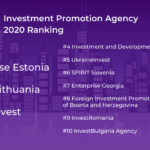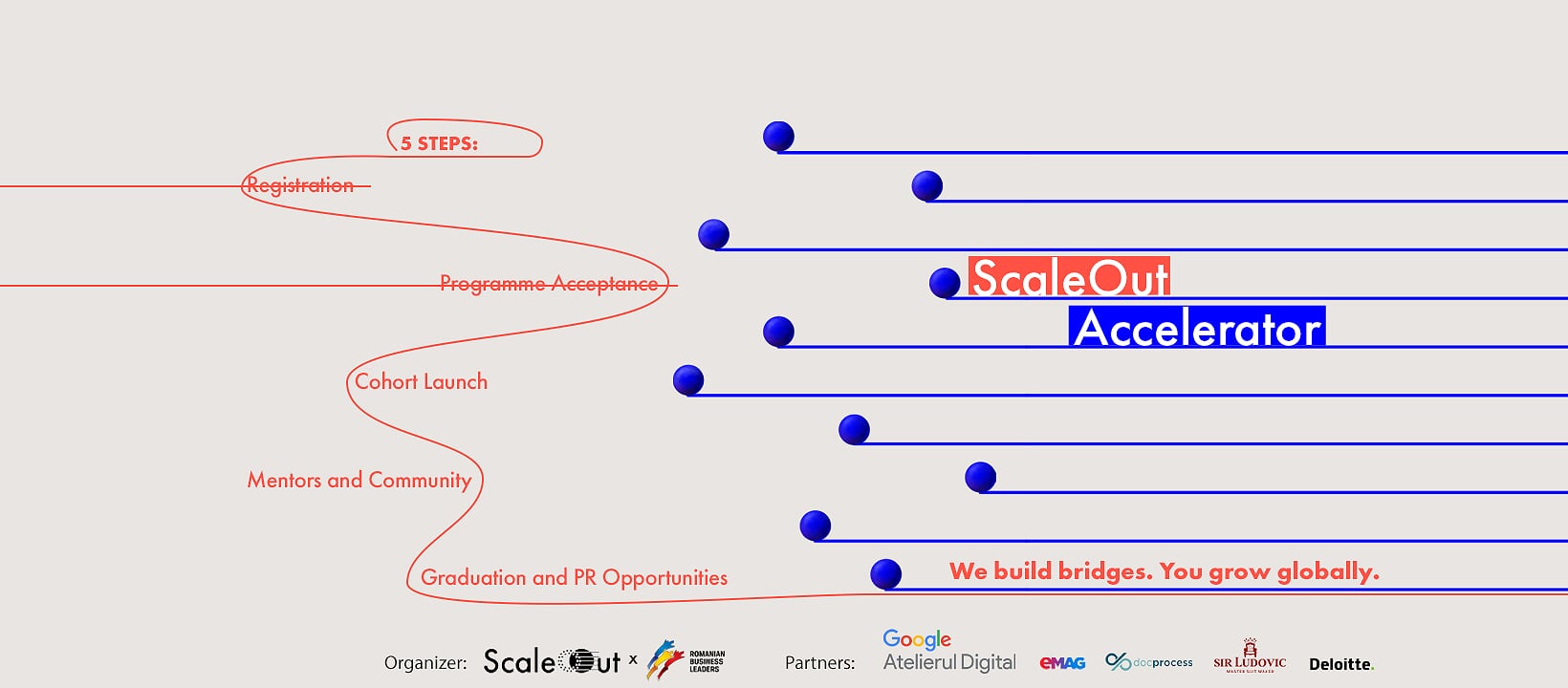As Romania posted a negative foreign direct investment (FDI) inflow in 2020, we should look the solutions for recovery on the short and medium term. Romania must act decisively to retain its attractiveness, Romania has registered a decline of FDI of 454 million euro at the end of April, compared to a positive evolution of 2.16 billion euro in the first four months of 2019.
Foreign direct investments are projected to plunge by 40% in 2020 due to the recession caused by the Covid-19 pandemic.
“Developing and emerging economies are expected to be the worst affected with export-oriented and commodity linked investments projected to be severely impacted. The decline in FDIs may transform international production and increase sustainability”, said United Nations Conference on Trade and Development (UNCTAD). The projections are based on UNCTAD’s new report World Investment Report 2020. The report estimates that FDI will decline below $1trillion for the first time since 2005. FDI is expected further decline by 5%-10% in 2021.
An alarming number of executives are pessimistic about Romania’s prospects post-COVID-19, with many believing that Romania is at risk of being less or much less attractive for investment. Of course, all countries are likely to be less attractive for cross-border investment, not just Romania. One way Romania can act decisively to retain its attractiveness is by investing in technology, health care and environmental industries
“The importance of Europe’s technology and sustainability sectors in economic growth is not lost. Investors rank CleanTech first in terms of its potential for economic growth across Europe in the coming years. The digital economy sector ranks second, and the health care and well-being sector third”, said EY representatives. But continued investment in Romania’s technology-intensive sectors is not guaranteed. Th e local economy needs a robust digital infrastructure, with fast and reliable connectivity.
COVID-19’s impact on market demand and the ability to execute operations varies significantly by sector and this influence the evolution of FDI. A global survey of investment promotion agencies conducted by the World Bank revealed that supply chain disruptions are hitting production and revenues. This is resulting in Capex and employment reductions in investment plans, particularly impacting manufacturing investment in the transportation and textile industry.
“We need to have a much more proactive approach to attracting foreign investment in the country and, at the same time, work on Romania’s image as a destination that should be on a map of potential investors, said the president of the Council of Foreign Investors (FIC) , Ramona Jurubita. In this framework, what role can play Invest Romania, our investment promotion agency, especially in the context of Covid-19? The focus should be on aftercare to secure the portfolio of actual investors, but also the government representatives should scout potential investors, identify their concerns, and facilitate their access to support services offered by local authorities. Another priority could be the digitalisation of certain marketing services and creating a new online platform for promoting Romania, This might be an answer to cope in the post-lockdown recovery.





